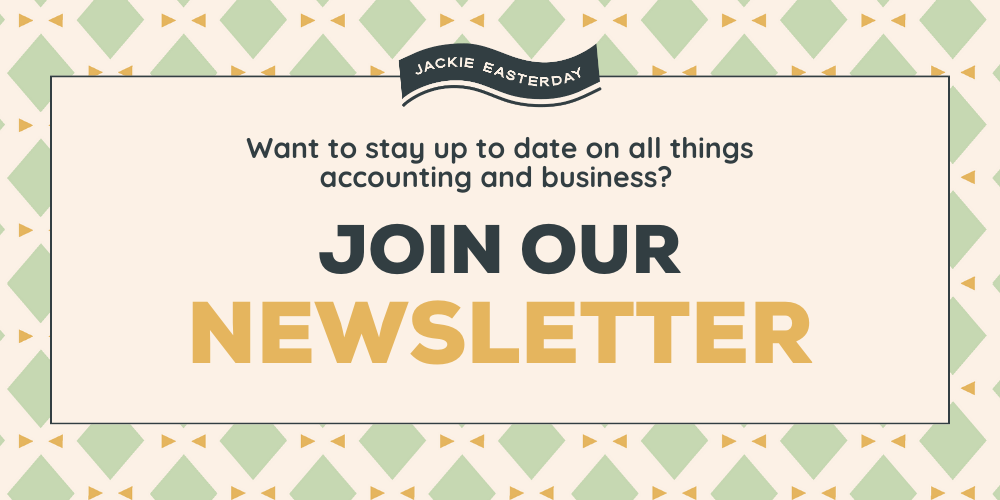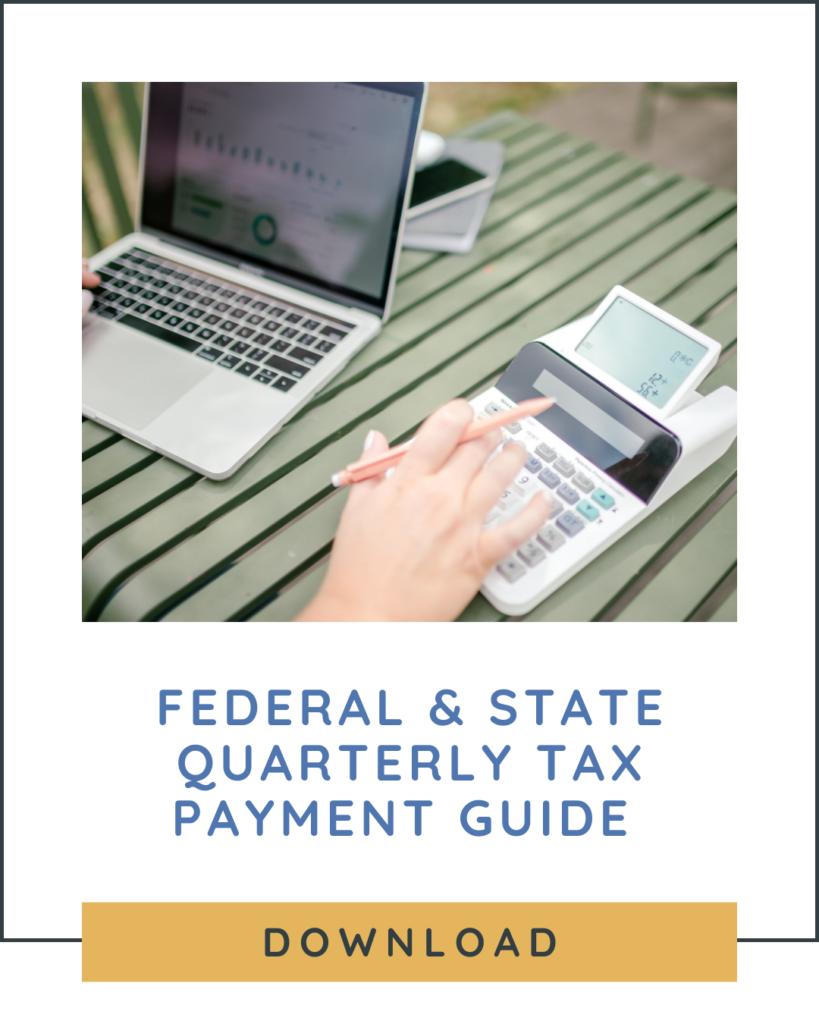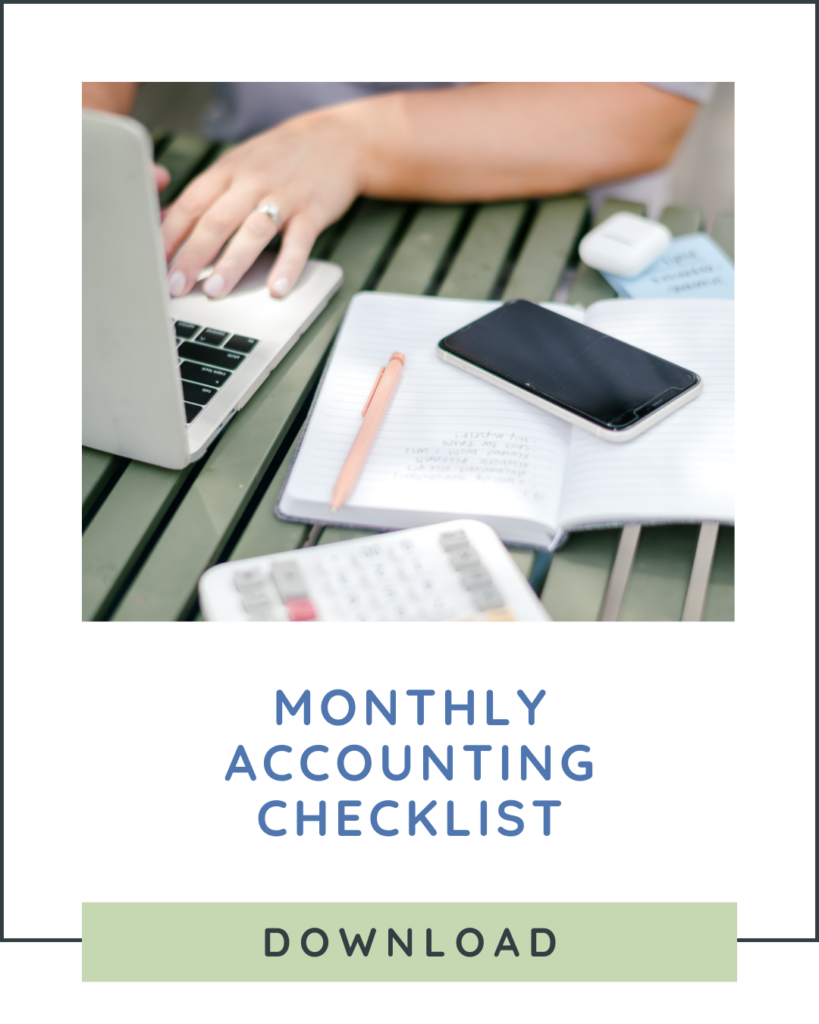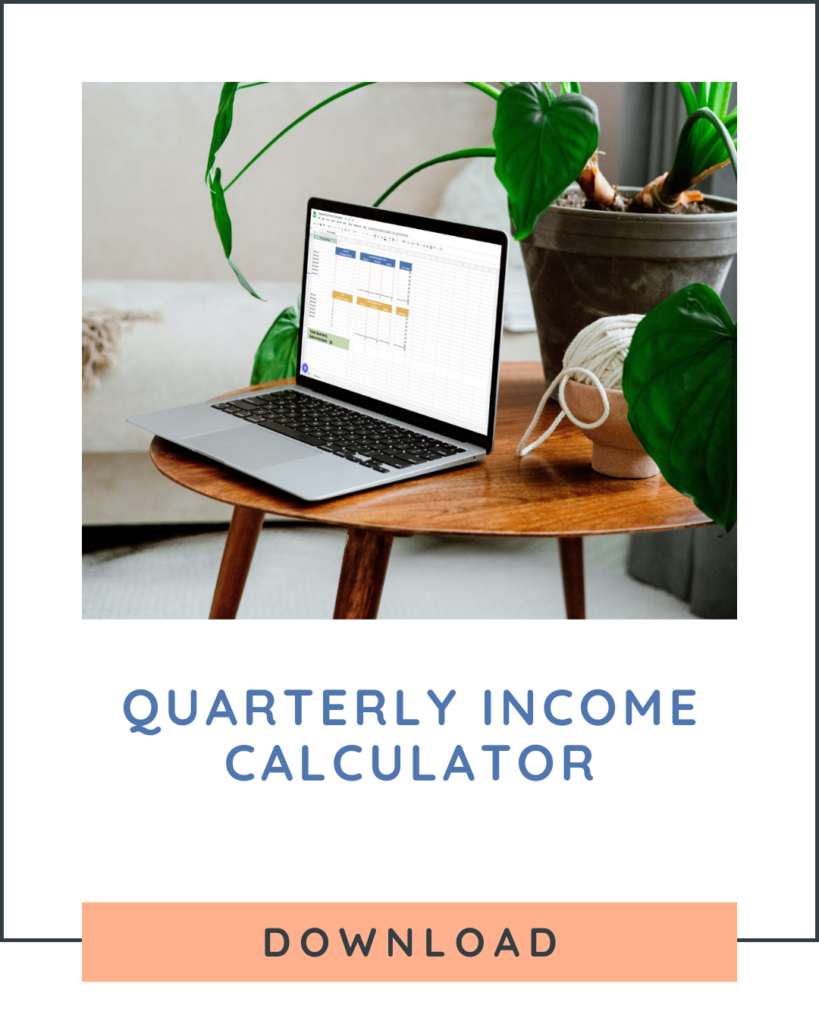Starting your business is an emotional roller coaster – you’re excited, nervous, anxious, and eager all at the same time. Googling what you need to do to start a legit business can really make you feel like Alice in Wonderland as you see, read, and learn about a lot of new topics.
I’ve broken down my top tips and business basics for creative female entrepreneurs here – giving you the info you need in an easy and digestible format. Here we go!
REGISTERING YOUR BUSINESS
Starting off on the right food means understanding when to officially kickstart your business. In order to do this, you must register your business with your state. This step not only adds legitimacy to your business, but protects your personal assets (house, car, etc).
Let’s talk about the 3 main ways most new businesses will structure their business. Meaning, the type of business they’ll register as:
- Sole Proprietorship (Sole Prop): This is like a solo performance where you and your business are one entity. You’ll report your business income and expenses on your personal tax return, simplifying the tax process. However, I don’t generally recommend this structure because your personal assets are at risk if the business faces legal issues.
- Limited Liability Corporation (LLC): This is like having a team behind the scenes. It combines the simplicity of a Sole Prop with the liability protection of a corporation. This is perfect for creative entrepreneurs seeing flexibility and protection. There is a cost when it comes to setting up an LLC like filing and annual fees.
- S-Corporation (S-Corp): Contrary to popular belief, you won’t register your business as an S-Corp with the state. S-Corps are a tax status. So you will register your business as an LLC, and be taxed as a corporation.
Want to know more about S-Corps? Check out our free download “What is the deal with an S-Corp” here.
Our recommendation: Register as an LLC to begin with, and make the transition to an S-Corp when your business is ready (generally making at least $100k per year).
Now that the government knows your business exists, let’s get a few more basics set up before we open the doors to clients.
OBTAIN AN EMPLOYER IDENTIFICATION NUMBER (EIN)
I’m often surprised when creative business owners don’t have this because it’s relatively straightforward to get! An EIN is a unique nine-digital number assigned by the IRS to identify your business for tax purposes.
You can apply for an EIN online here. You just need to provide your name, business name, business structure (determined above!) and the reason for applying (i.e. starting a new business).
The application takes just a few minutes and is totally FREE.
OPENING A BUSINESS BANK ACCOUNT
I suggest doing this from day ONE. A lot of our clients will start working with us managing their business funds out of their personal account. This can make accounting quite difficult, and can lead to issues if you were to get audited by the IRS.
Opening a new business bank account can have some small costs tied to it. For example, you may be charged:
- Initial opening fee (often waived if you deposit a certain amount within the first 60 days)
- Monthly services fees (often waived if you maintain a certain bank balance)
- Annual fee
Each bank has its own pros and cons – find one that has the benefits and fees you feel comfortable with. A good start place is the bank that you use for personal banking (if you like using them!). 99% of banks have business banking options as well.
PRO TIP: You’ll need an EIN to do this, so be sure to get one before going into the bank.
Let’s recap. You have…
✓ determined your business structure
✓ registered it with your state
✓ got your EIN
✓ and opened a business bank account.
It’s time to start working with clients and earning revenue! GO YOU!
CALCULATING PROFIT AND REVENUE
As you start working with clients, you’ll start collecting payments (always deposited into your business bank account!). Let’s talk about your numbers, shall we?
- REVENUE: This is the total income generated by your business. Every dollar that hits your bank account is considered revenue.
- PROFIT: Profit, on the other hand, is what’s left after you’ve paid all your expenses. To calculate profit, subtract your total expenses from your revenue. PROFIT = REVENUE – EXPENSES
- EXPENSES: As a creative entrepreneur, you have opportunities to expense or deduct costs from your revenue. Common expenses include advertising and marketing, software, office supplies, contractors, legal fees (like when you register your LLC!), insurance, and professional development.
It’s CRUCIAL to accurately record all of your expenses because this is what impacts your tax bill.
PAYING TAXES
Every year, you’ll pay taxes on your business PROFIT. A good rule of thumb is to save 30% of your profit to pay taxes.
The less profit you have, the less you’ll pay in taxes. This doesn’t mean you should increase your spending for the sole purpose of decreasing your profit, but it is important to track your expenses by using your business bank account for all expenses. Hiring an accountant (like me!) can help ensure you’re maximizing your deductions.
That’s it! Those are the basics! If you want to dive deeper into any of these topics, we have a TON of free resources to help online business owners understand and manage their finances.

Search
Recent Searches: accounting basics, tax deductions, S-corps, common write-offs, small business taxes





